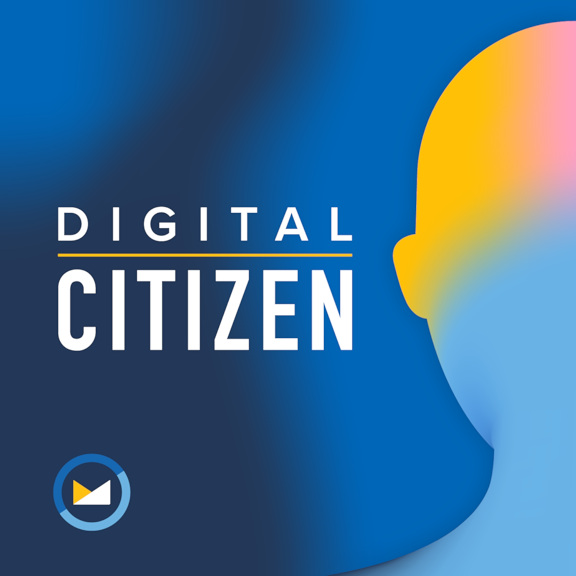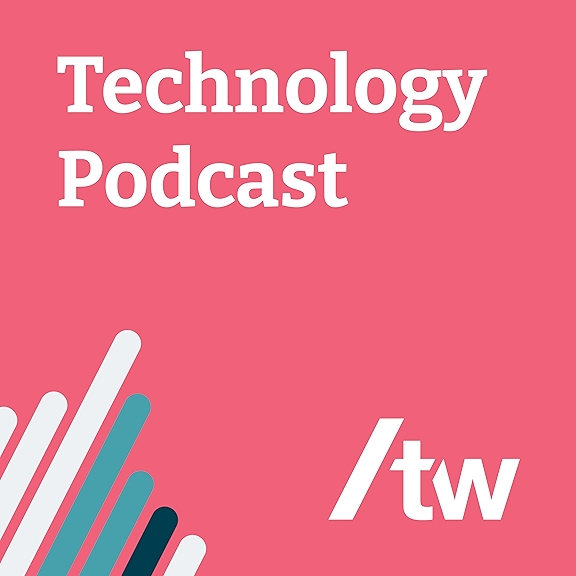
Why Open Internet Standards Are So Important To Your Future with Bron Gondwana
Have you ever wondered how the Internet works, how it's governed, or why some devices and services work together and others don't? In the final episode of this season, Fastmail CEO, Bron Gondwana answers these questions and more, so you can learn how standards make the Internet better for everyone.
Get a crash course about open standards, how they work, and why we need to support organizations that use them. Bron and show host Fastmail's CTO, Ricardo Signes, talk about JMAP, an open standard for email that Fastmail's developers produced, which is moving email forward.
Additionally, before and after the show hear Rik and Fastmail's COO, Helen, talk about how the internet came to be what it is today and what the future of the Internet may look like.
▶️ Guest Interview - Bron Gondwana
- Follow @BronGondwana on Twitter
- Visit ietf.org for more information about IETF
- Learn about JMAP at jmap.io or by reading this article
- Start your 30 day trial of Fastmail at fastmail.com/podcast
🗣️ Discussion Points
- Bron is the CEO of Fastmail and has been working with email for over 20 years.
- There are all kinds of standards in the world, including the very language we use to communicate meaning to each other. Most standards in the real world function as a rule of law, but standards on the internet are more agreement and consensus-based.
- Standards work a lot like language, they evolve and are built onto over time. Most of the standards work that Bron does is in an organization called the Internet Engineering Task Force (IETF), which has been around for the past 50 years. Many of the devices you have in your home likely have IETF standards built into them.
- Email has been an open standard since the 1970s. Chat is an example of the opposite, with no open chat standards becoming dominant.
- Your open standard has to be as good as, or better than, the closed solutions in order to compete. Many standards have failed to gain traction because people have to discard what’s already working for them. Your standard has to be an evolution that adds value to people’s lives.
- If you're not a market-dominant organization, embracing and innovating through open standards produces global change while still letting users interoperate with each other.
- For non-programmers, it’s important to choose software and devices that use and support open standards. Using open standards is future-proofing yourself and your work and puts you outside of the whims of a company as they change over time.
⭐ Takeaways
- Being a good digital citizen is similar to being a good citizen in general—leave things better than you found them.
- JMAP is exciting because it is built on top of other modern standards like JSON and HTTP. Because most programmers are already familiar with them, it makes the barrier to entry easier to traverse. Technology and open standards have enabled a boom in opportunity for people to build products and companies they believe in.
- Open standards allow global communications to work. One thing everyone should be doing is thinking about whether they are locking themselves into services that restrict their choices and control the access to their data to a single, private platform.
- When deciding what services to use, choose services that use open standards.
- If you’re building software, use open standards and help other people make choices that are good for future digital citizens.
🔵 Find Us
- Digital Citizen Website: fastmail.com/digitalcitizen
- Check out our blog
- Tweet us @Fastmail
💙 Review Us
If you love this show, please leave us a review on Apple Podcasts or wherever you listen to podcasts. Take our survey to tell us what you think at digitalcitizenshow.com/survey.




















